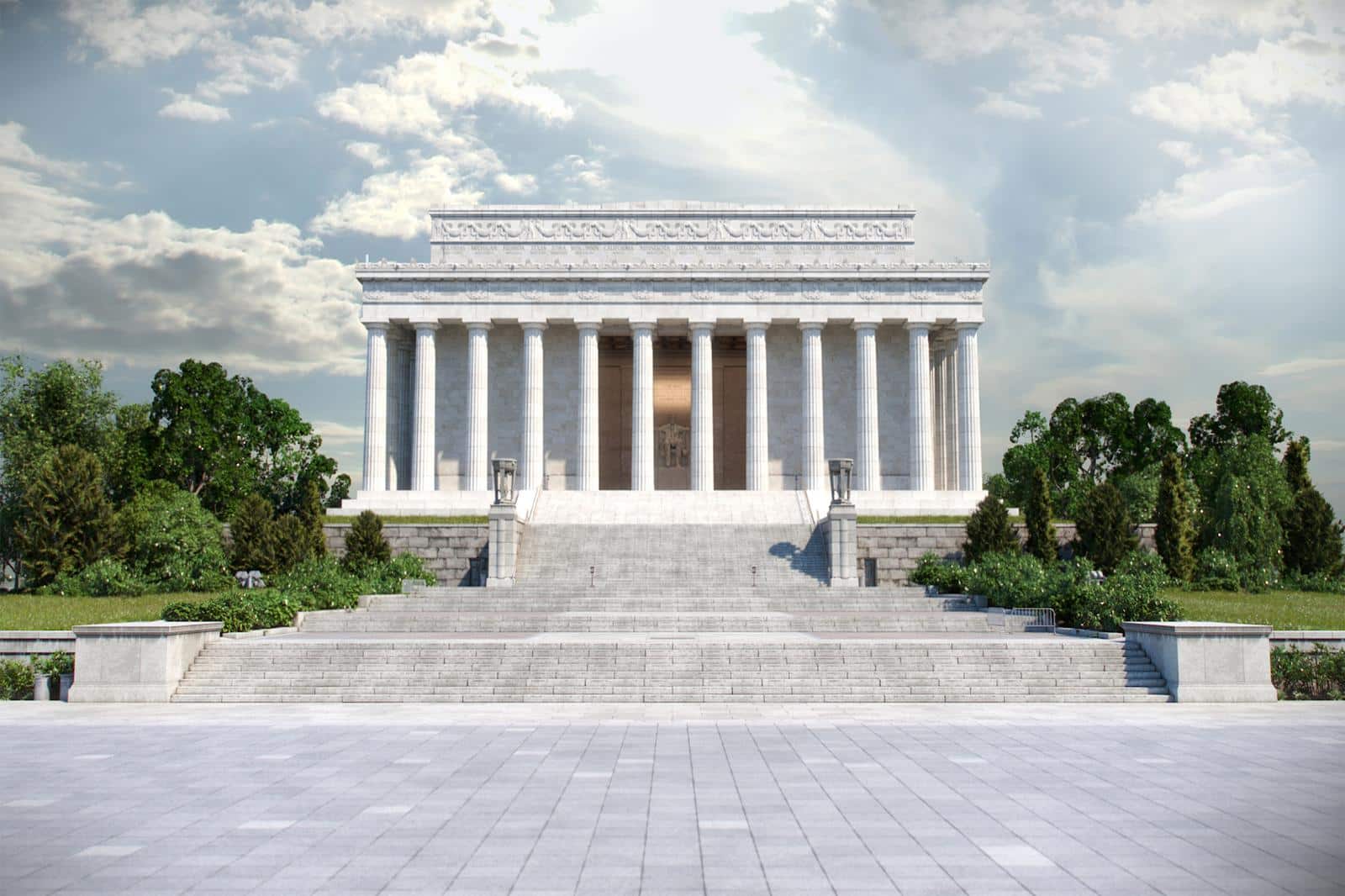Federalism
Federalism and its kindred terms (e.g., “federal”) are used, most broadly, to describe the mode of political organization that unites separate polities into an…
This encyclopedia provides a comprehensive reference explaining the major concepts, institutions, court cases, epochs, personalities, and policies that have shaped, or been shaped by, American federalism. It describes federalism’s creation and evolution, and its influence on local, state, and national governmental institutions, procedures, and policies. The models used to explain the various historical eras in the development of federalism are also included. Originally published by Greenwood Press in 2005, this encyclopedia contained over 400 entries relating to American federalism. In its current online form, entries are being added and old ones updated. See more…

Federalism and its kindred terms (e.g., “federal”) are used, most broadly, to describe the mode of political organization that unites separate polities into an…
Following the drafting of the original Constitution in 1787, the document met with considerable resistance by Anti-Federalistforces both in state ratifying conventions and in…
See Fourteenth Amendment
The Fourteenth Amendment was one of three articles added to the Constitution in the wake of and in response to the Civil War and…
Roe v. Wade (1973) has probably generated more passion among its opponents and proponents of any decision in the Supreme Court’s history. The Court,…
Article III of the Constitution provides that “[t]he judicial Power of the United States, shall be vested in one supreme Court, and in such…
James Madison (1751–1836) contributed to nearly every important phase of the creation of the United States. The eldest of ten children in a moderately…
As the legislature of the U.S. government, the Congress both embodies federalism and influences how federalism is put into practice. Contents 1 THE SENATE AS REPRESENTATIVE…
The Articles of Confederation together with the Declaration of Independence formed the first national compact of the United States of America. Following ratification of…
The Constitution of the United States, as originally written, contained only 7,000 words. However, the authors recognized the necessity of amending the document. The Articles of Confederation,…
Alexander Hamilton was a committed nationalist who was fearful of the promise of states’ rights. As one of the authors of The Federalist Papers,…
The U.S. Constitution created a federal structure in which power is shared by the national government and the states. As part of what Alexander…
"Federalism and its kindred terms (e.g., 'federal') are used, most broadly, to describe the mode of political organization that unites separate polities into an overarching…
469 to 481
|
481 Results
The Center for the Study of Federalism (CSF) is a nonpartisan, interdisciplinary research and education institution dedicated to supporting and advancing scholarship and public understanding of federal theories, principles, institutions, and processes as practical means of organizing power in free societies.
All of the CSF Fellows hold advanced degrees, are affiliated with academic institutions, and are scholarly experts in their fields. For more on each Fellow see CSF Fellows.
Most political and public issues in the United States are influenced to some extent by its federal system. Yet many do not understand that system. The CSF website seeks to foster a better understanding among the general public and scholars of federal governing systems generally and, specifically, of the federal system of government in the United States of America.
The CSF materials are free to use for educational purposes. If published, please acknowledge CSF as the source. If you intend to use these materials for profit, please, contact the Center for the Study of Federalism for permission. Some materials on the website are not owned by CSF and permission to use those materials should be sought with those holding legal title to the material.
Click here to sign-up to receive notifications about CSF materials and events. We will not share your email with any outside organizations or individuals.
Please direct all questions and comments related to this website, and inquiries about the research and teaching grants and awards, to us here. Remember CSF is a nonpartisan, interdisciplinary research and education institution.